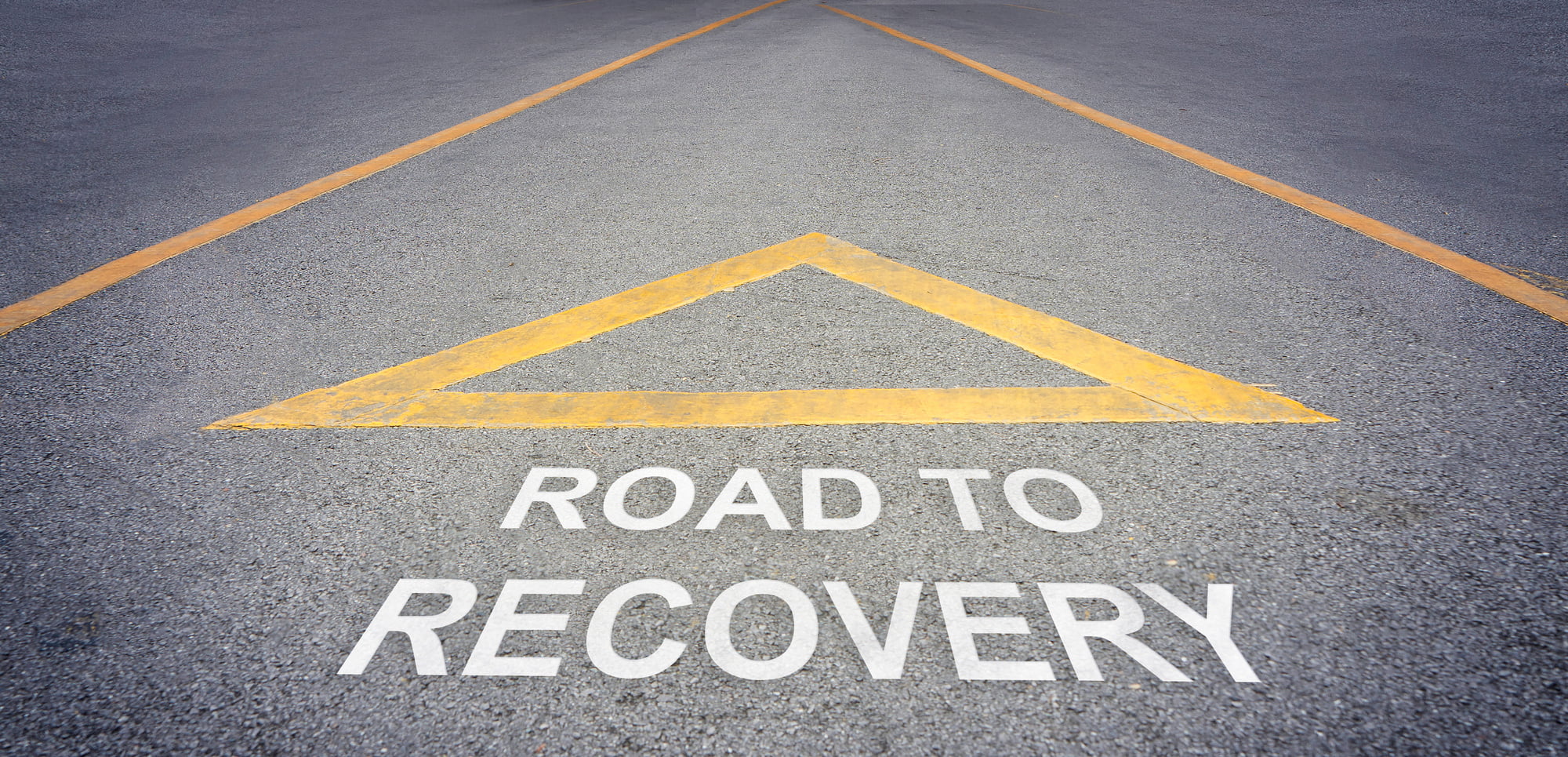What do you do when you experience an addiction recovery relapse? Specifically, how do you handle a seemingly harmless indulgence of a previously addicting drug, alcohol or perhaps bingeing on sugar?
This isn’t as difficult a problem to tackle as you might imagine. It takes a bit of pre-planning, mental focus, and an indomitable will to not fall victim to a troublesome addictive habit again.
How addictions develop
Most food or substance addicts are genuinely alarmed when, after engaging a particular addiction resolution technique, those same old compulsive cravings begin resurfacing. They conveniently blame the program, family or even themselves for what they perceive to be a failure.
Let’s briefly explore the mechanism of addiction to see where the fault, if any, truly lies. Most recognized addictions have three components:
- Physical component involving one or more of the physical senses
- Emotional component involving a desire-driven compulsive urge or craving
- Psychological component inclusive of thoughts, mental imagery and the justification behind the addictive tendency

Addictions – which include strong compulsive tendencies such as uncontrolled anger, violence, hatred, bigotry, jealousy and the like – are the result of attraction to a pleasant or otherwise satisfying stimulus, such as food, drugs, alcohol, a mindset, etc.
Frequent experience of the addictive habit will lead to a strong desire-driven compulsion toward the offending stimulus. If there is nothing in place psychologically to check the wanton indulgence of the addicting stimulus, a full-blown addiction can develop.
One common shortcoming of most addiction resolution organizations
There are many addiction resolution organizations and related groups that can help you get started reversing your addiction. These will usually show success with the physical component of the addiction within 30 to 60 days.
The great majority of recovering addicts experience difficulty during and after the initial physical recovery period. This is a time of great significance in that the mind is fragile, at best, and any strong surge of compulsive craving can present a problem for the addict.
It is during this time the beast of addiction will cry out to feed in any way possible. It will demand your undivided attention once again if only for the short time it takes for you to satisfy its craving for the addictive stimulus it desires.
Most addicts and apparently many addictions counselors gravely underestimate the sheer coercive power and influence of the beast over the addict’s recovering psyche. It’s a great deal to ask of a recovering addict – to do battle with the beast on its home turf; strong visual imagery and the feeling of satiety while indulging the addiction.;
So, where did the recovery effort go wrong? In my clinical and personal experience, it’s not purely a matter of an addict having done something ‘wrong.’ Addicts who have a tendency to relapse often omit one important factor from their recovery endeavors – a preset, willful, persistent mindset to ensure success in defeating the beast.
Overcoming addiction recovery relapse

When you first attempt to kill the physical component of the addiction by not feeding the addiction, the beast will certainly come strolling down your block shouting out to the world about how ungrateful you have been for not feeding your ‘good buddy, It will try every trick it can think of to fool you back into a submissive relationship in order for you to begin feeding it again.
Make no mistake, the beast may seem to be completely subdued and vanquished, but it only seems that way. It is still quite alive but temporarily dormant. Yes, it is asleep. However, the wrong train of thought, a physical stimulus, desire-filled mental imagery and a momentary lack of focus is all the beast needs to awaken and reanimate.
To overcome the emotional and psychological components of addiction will require the development of a strong and determined mindset that you can immediately default to when even a thought of the old addiction or compulsive tendency comes to mind.
You turn your back on the cries of the beast and instantly engage a positive, addiction-reversing mindset you have previously established. It will become your default protective shield against the beast.
This is the powerful technique you will employ each time the beast awakens. Your lack of attention to its cries and not allowing the beast to express itself will soon render it powerless against you. THIS is how you overcome a deep-seated, desire-driven addiction of any kind – by daily, intelligent nurturing of your newly empowered mindset.
Where can you learn to develop this kind of protective shield successfully? Contact me and I will show you how addiction recovery relapse can soon be a thing of the past.



